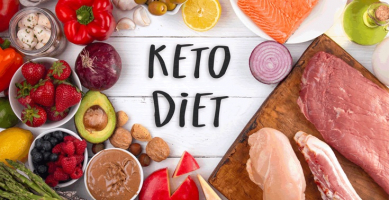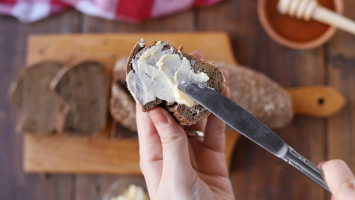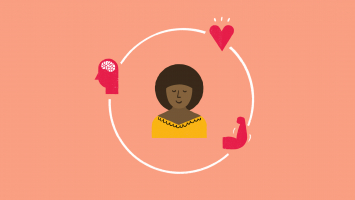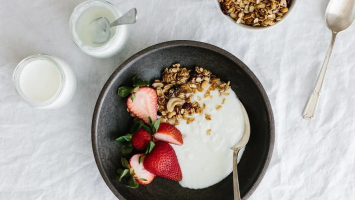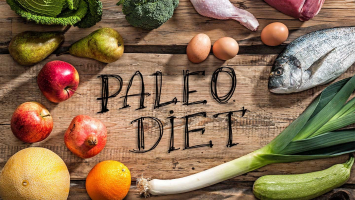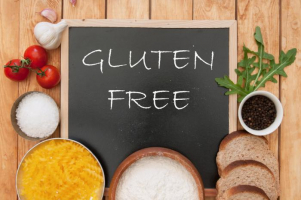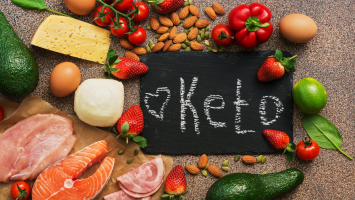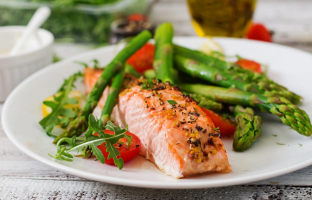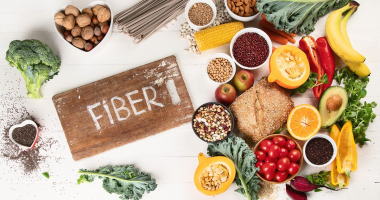Top 7 Reasons You’re Not Losing Weight on a Keto Diet
Many people who want to reduce weight and improve their health have turned to the ketogenic, or keto, which is a low-carb way of eating. Carbohydrate intake on ... read more...the keto diet is typically limited from 20 to 50 grams per day. This has been proven to show weight loss and may also enhance heart health and blood sugar regulation. However, the keto diet must be followed carefully in order to be effective. Here are some reasons that might be hindering your keto diet weight reduction goals.
-
Consuming too many carbohydrates is one of the main reasons people on the ketogenic diet don't lose weight. The consumption of carbs must be significantly decreased in order to reach the metabolic state of ketosis, in which your body burns fat for energy instead of glucose.
In fact, the standard diet advice suggests that between 45 and 65% of calories should come from carbs. But in the keto diet, just around 5% of your total daily calories should come from carbs. When beginning to follow a ketogenic diet, it's common to experience some difficulties cutting carbs. However, carbohydrate intake must be reduced to the suggested range in order to reach and maintain ketosis. Consider using an app to track your macronutrient intake to help you reach your intake targets. This might help you figure out how many servings of carbs you can consume each day based on your calorie requirements.
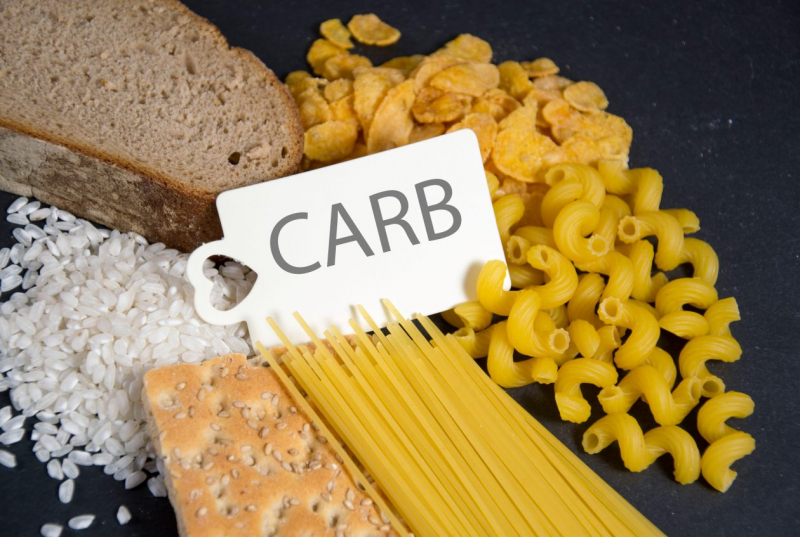
You’re eating too many carbs 
You’re eating too many carbs -
No matter what diet you follow, eating nutrient-dense, whole foods is the key to a healthy weight loss. Even if they are keto-friendly, relying on processed foods might hinder your weight reduction.
Your efforts to lose weight might be hindered by adding in foods like snack bars, keto desserts, and other packaged foods between meals due to the extra calories they contain. Additionally, consuming an excessive amount of fast food and convenience foods when hurrying about will hinder weight loss. These foods are nutrient-poor, which means they include a lot of calories but few essential nutrients including vitamins, minerals, and antioxidants. Stick to whole, unprocessed foods to optimize your nutritional intake when on the ketogenic diet. Examples of excellent choices include full-fat dairy products, eggs, fish, pastured meats, poultry, and healthy fats like avocado and olive oil. To add nutrients and fiber to dishes, make sure to use non-starchy veggies such as greens, broccoli, peppers, and mushrooms.
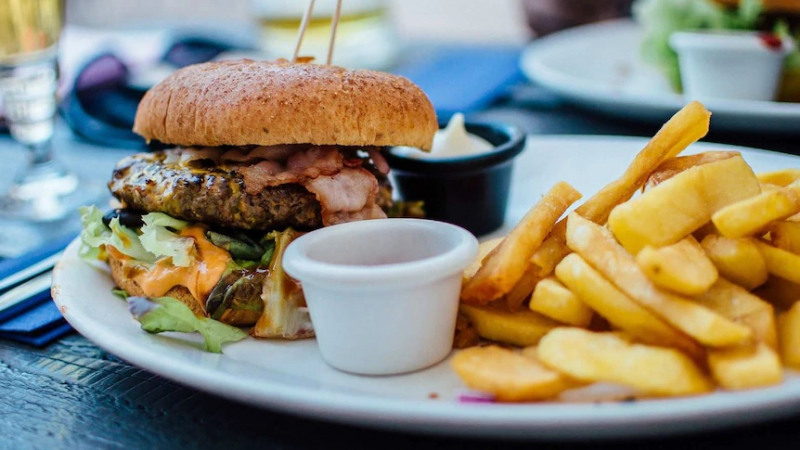
You aren’t eating nutritious foods 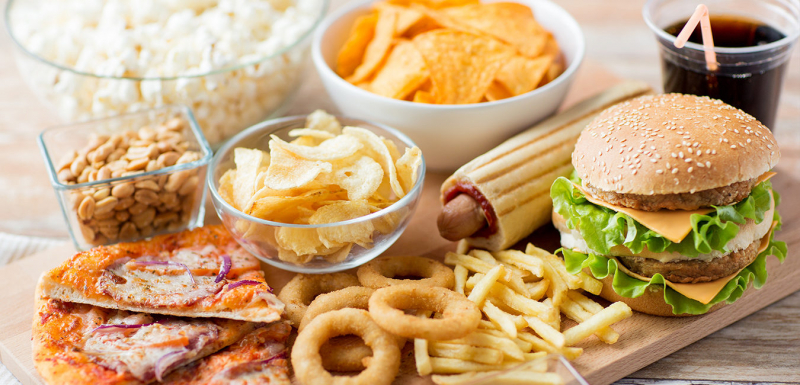
You aren’t eating nutritious foods -
It's essential to create a calorie deficit when attempting to lose weight. You may do this by either consuming fewer calories or by burning more calories through increased physical activity.
You won't lose weight if you go on a keto diet and don't control your calorie consumption. It's crucial to avoid overeating because many keto-friendly foods, such as avocados, olive oil, full-fat dairy, and nuts, are high in calories. Due to the filling properties of fat and protein, most people feel more satisfied after eating ketogenic meals and snacks. However, eating large quantities or snacking on high-calorie foods throughout the day might lead to excess calories when on a ketogenic diet. The calorie deficit required to lose weight can be achieved by monitoring portion sizes, increasing physical activity, and eating less in between meals.

You may be consuming too many calories 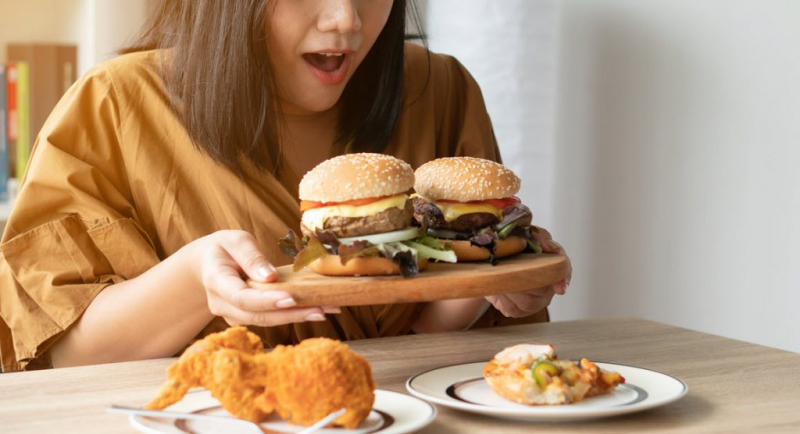
You may be consuming too many calories -
The ketogenic diet is a helpful method for losing weight. However, it's a good idea to check out any medical conditions that could be hindering weight loss success if you're struggling to lose weight despite doing everything right.
Medical issues that might contribute to weight gain and make it challenging to reduce weight include hypothyroidism, polycystic ovarian syndrome (PCOS), Cushing's syndrome, depression, and hyperinsulinemia (high insulin levels). Your doctor can do a number of tests to rule out certain disorders. Don't give up if you suffer from one of the aforementioned problems. You may achieve and maintain healthy weight reduction with the right treatment, which may include medication if needed and dietary and lifestyle changes.

You have an undiagnosed medical issue 
You have an undiagnosed medical issue -
When starting a new diet, it's common to want to see results right away, but it's important to keep in mind that everyone loses weight at a different speed.
The rate at which you lose weight may not be rapid, but that's okay. If the ketogenic diet is followed properly, it can promote weight loss. The secret to shedding pounds and keeping them off in a healthy way is gradual, continuous adjustment. While it may be tempting to set high standards for weight loss, most experts agree that weekly weight loss of 1-3 pounds, or around 0.5-1 kg, is ideal. Furthermore, if you start a new exercise regimen that involves weightlifting, you may gain muscle while losing fat. Even while this may result in a slower rate of weight loss, increasing muscle mass and reducing body fat has numerous beneficial influences on health. It can enhance bone health and lower your risk of heart disease.
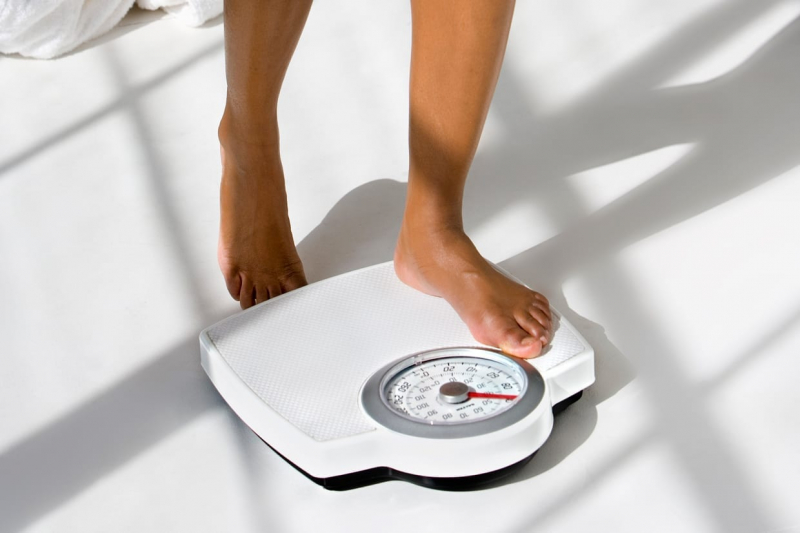
You have unrealistic weight loss expectations 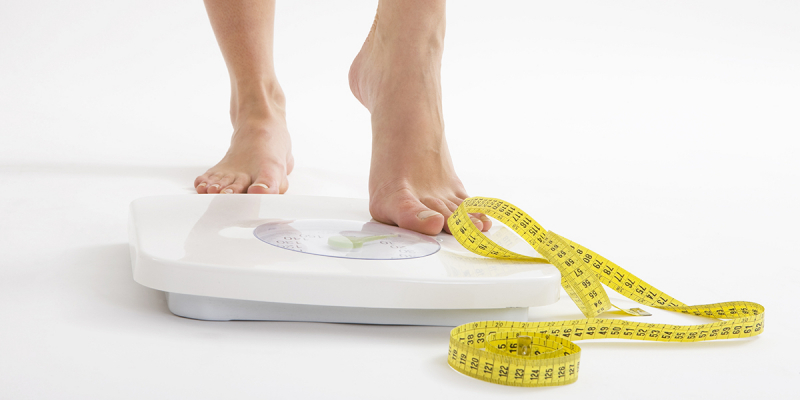
You have unrealistic weight loss expectations -
According to research, stress, particularly chronic stress and sleep deprivation might have a detrimental effect on weight reduction. A hormone called cortisol is overproduced by the body when it is under stress.
Cortisol, sometimes referred to as the stress hormone can cause your body to store fat, particularly around the belly area. Additionally, stress factors commonly encounter sleep deprivation, which has also been associated with weight gain. According to studies, insufficient sleep has a detrimental effect on the hormones leptin and ghrelin, which control hunger, leading to an increase in appetite. Spending less time on electronic devices and practicing relaxation techniques like yoga or meditation might help you sleep better and reduce stress.

You’re stressed out and not getting adequate sleep 
You’re stressed out and not getting adequate sleep -
When trying to reduce weight while following a ketogenic diet, it's important to incorporate your physical activity. Adopting an exercise plan has other beneficial health effects aside from promoting fat loss.
For example, regular exercise reduces your chances of developing chronic diseases including obesity, diabetes, depression, and anxiety. Exercise helps develop muscle, which can speed up your metabolism by boosting the amount of energy you burn when at rest in addition to burning calories. There are strategies to make starting an exercise routine easier, even if it might be challenging, especially for those who are new to working out. The greatest method to strengthen a good exercise habit is to set up a timetable and adhere to it. Choose a time that works best for your schedule and set a target of three to four days each week. Maintain your motivation by keeping a gym bag in your car for after-work exercises or by laying out your workout clothes the night before to keep you focused on your early-morning workouts.

You aren’t getting enough physical activity 
You aren’t getting enough physical activity










